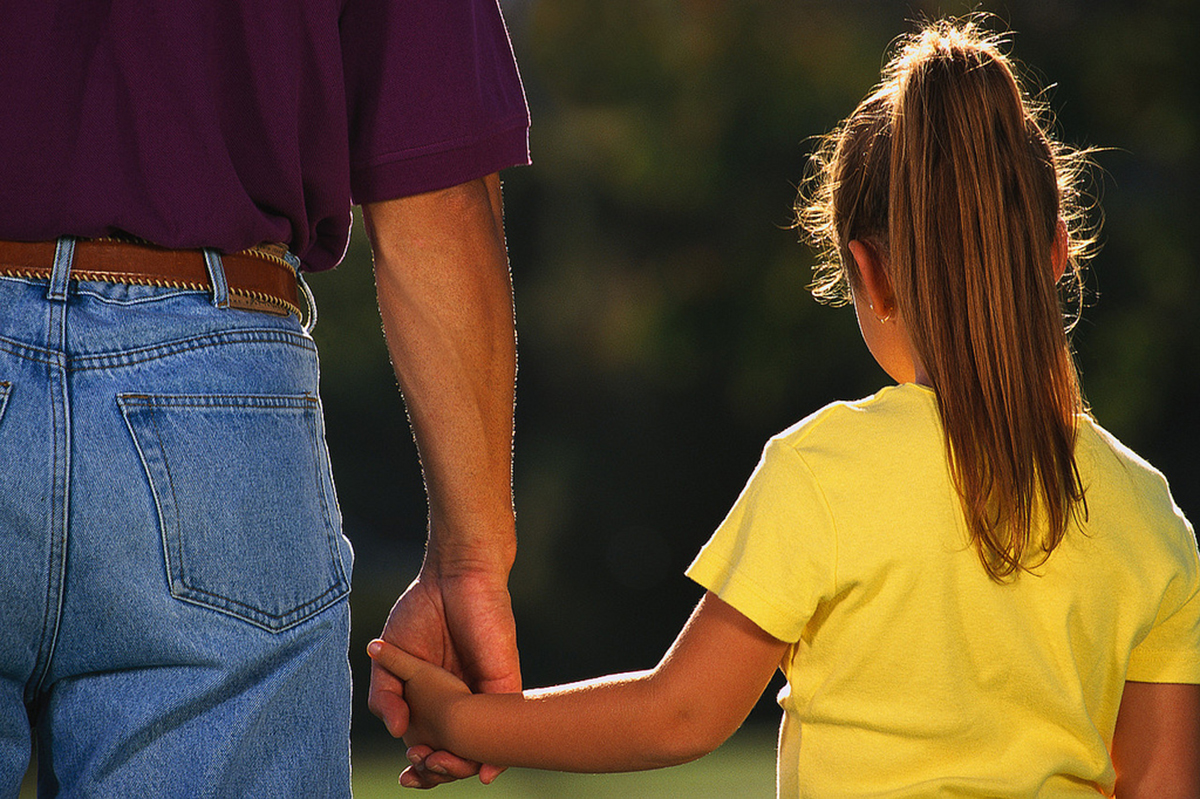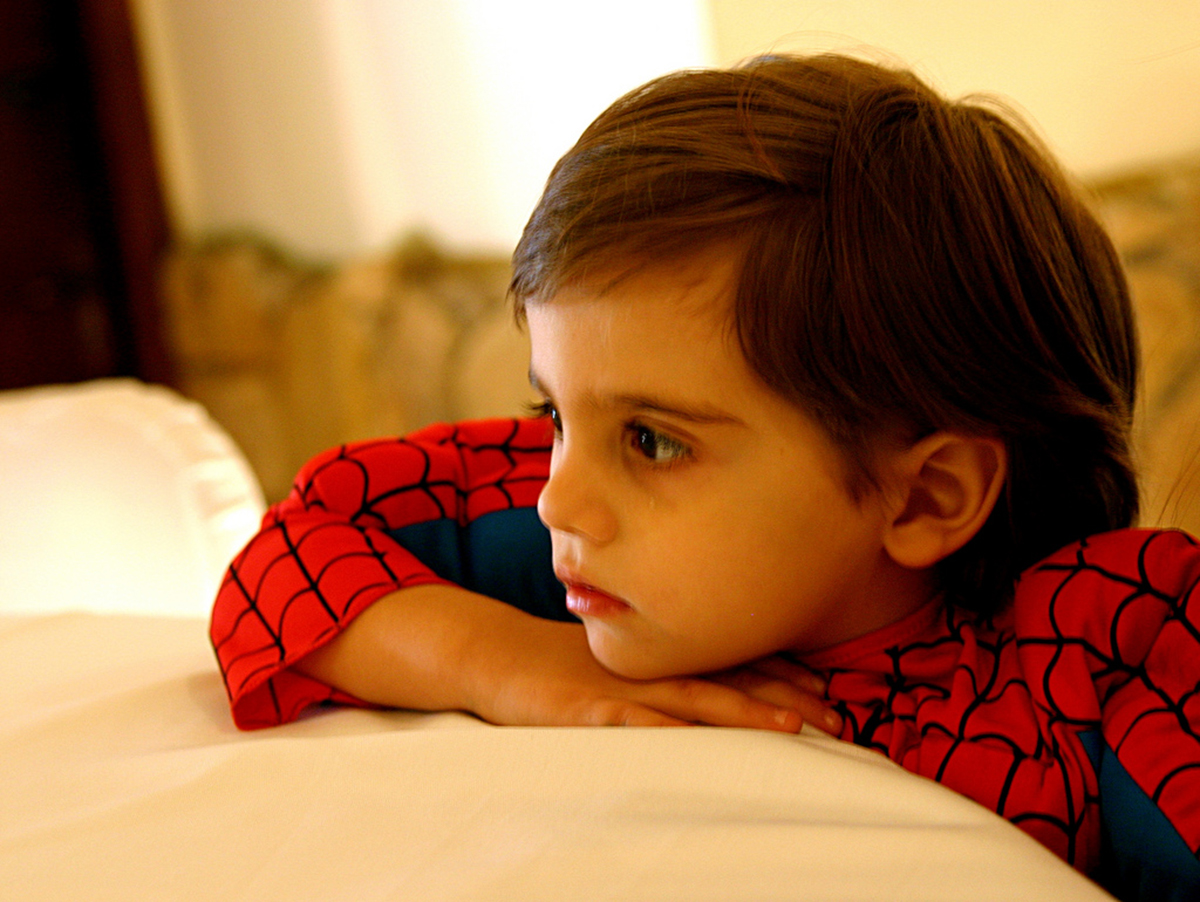As a parent, when you first hear the diagnosis of autism, you experience a plethora of emotions. These can include denial, anger, frustration, devastation, panic and guilt. For some however, it can be a relief to know that your child’s behaviors are the result of a disorder, and not bad parenting. So what’s the first thing you need to do once you have the diagnosis? Breathe.

An autism spectrum disorder can affect children in many different ways. Once upon a time, autism was diagnosed if the child could not communicate, or acted in strange ways. Unfortunately this stigma still exists, so it can be difficult for many people to grasp that your child has autism if in fact they love to talk, can make eye contact and only have slightly bizarre mannerisms or behaviors. Overcoming this stereotyping can be a frustrating experience, especially when grandparents are involved, as they are usually the first to dispute the diagnosis.
The Issues Ahead
When the health practitioner tells you your child has autism, ask as many questions as you can possibly think of. Ask them to explain what it is about your child that has drawn them to that conclusion. Knowing and understanding how autism affects your child individually is the first start to learning how to deal with the obstacles you may face. They should also refer you to the necessary specialists, such as psychologists and psychiatrists if these are required.
Children with autism can cause a dramatic upheaval in your household, particularly if you have other children. They can be very demanding of your time, and may need constant supervision, which is not only exhausting, but also affects the other children, and they often can feel left out. This is a very important factor to take into account, and you may need to make arrangements with certain services or respite care so that you can have some "alone" time with the other children.
Meal times can be difficult, as many autistic children have specific eating routines or restricted food choices. For example, if your child will only eat boiled eggs and gingernuts, you need to take this into account when organizing meals! Some of these children have small motor skills issues, so using cutlery may be an issue. You just have to accept that little Bobby is going to eat with his fingers. You choose your battles.
See Also: Applied Behavior Analysis And Autism: Does It Really Work?
Family and friends will often have many opinions on what you should do and what you shouldn't do with your child. Ignore them. Most of the time, they just don’t understand, and no matter how much you try to explain it to them, they quite often still won’t get it. They may see your child as completely normal, but they don’t have to deal with your child asking the same question 11 times in 3 minutes, or being so obsessed with drains, you have to stop and look at every single drain, no matter where you are or what you’re meant to be doing.
After The Autism Diagnosis: Advice And Treatments
When you receive advice, take it with a grain of salt and store it somewhere. The same goes for strangers and their looks of consternation when your child throws a wobbly in a public place. Whatever their thoughts or opinions are, they are not important, because you know what is really going on with your child, and they do not. Get used to the stares, the sneers and the tut tut’s.

One thing that many parents find helpful is the use of a support group. This could be a group of parents that meet locally in your community, or an online forum. This can be particularly helpful when you first find out the diagnosis. Find out how other parents cope – you may pick up some really good tips and information. There are many official Autism groups that you can find on the internet as well. These are often research oriented, and they can be a great source of information.
Managing Autism: Treatments
When it comes to treatment options, it is important to remember that autism is a life-long disorder and there is no cure. Various treatments can be used to help with the symptoms and behaviors however to make your child happier and more manageable. Cognitive behavioral therapy, applied behavior analysis, and positive behavior support can be useful and easily implemented in the home. Your health practitioner should be able to advise you on these, and what would be more suitable for your situation.
Some autistic children have sensory problems, such as hypersensitivity to touch, hearing, taste and smell. There is a specific therapy to help with this and you can find out more from one of the Autism groups or your health practitioner. Schooling can be a major issue, so if you can, put your child in a school that deals with autism specifically. This is not always possible, in which case you need to make sure that everything possible is done, such as a dedicated teacher aide. In some cases the child will need to be home schooled for a better and less stressful result.
See Also: Living With Autism
The most important thing above all else is to take good care of yourself. Your child needs you to help them, and they will need you for a long time to come, so you need to make sure you are healthy, both physically and mentally. Yes, dealing with these children can be the most frustrating thing you will ever have to manage, that is true. But the small milestones can be hugely rewarding for both you and your child. Find a regular babysitter that can manage your child, or take advantage of respite care so that you can have a break. Your life does not need to be put on hold. Continue with your own interests, hobbies, things that make you happy. If your partner and other children are struggling, perhaps look at therapy for you all.
- Photo courtesy of Spirit-Fire via Flickr: www.flickr.com/photos/spirit-fire/4739023417
- Photo courtesy of Leonid Mamchenkov via Flickr: www.flickr.com/photos/mamchenkov/3319888189


Your thoughts on this